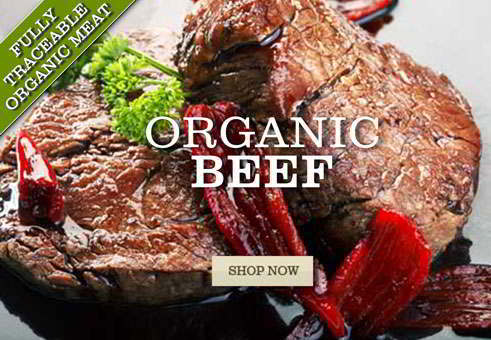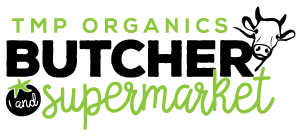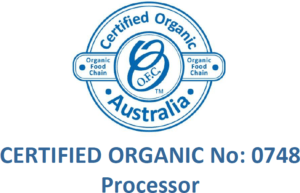
Humane Treatment of Livestock
When you are purchasing organic meat, you are also providing for a more humane existence for livestock. The conditions they live in is more sanitary and the actual production process of the organic meat has a much smaller impact on the environment than traditional methods of meat production. However, that is not the only difference in non-organic and organic meat.
No Growth Hormones or Antibiotics
In an effort to prevent the spreading of disease and stimulate the growth of the animal, livestock and cattle that are considered non-organic are given growth hormones and antibiotics. There have been some recent studies that have shown that higher levels of hormones can actually present a number of health risks to consumers, especially in younger children or women that are nursing or pregnant. The hormones that are administered can also stay in the manure of the animals, which can ultimately lead to a contamination of surrounding groundwater.
Organic meat will come from animals and livestock that is never given any type of growth stimulant, antibiotics or hormones. Instead, the organic farmers will use a diet that is well-rounded including only organic materials that will promote an animal’s growth and also fight off any infection that is present in their livestock.
No Use of Chemical Fertilizers or Pesticides
Traditional types of farms will use a huge variety of chemicals and pesticides to encourage the growth of their food crops and to hinder insect infestations. However, when these items are used, animals are exposed to the chemicals when they actually graze on the land. Organic farms will use natural materials to promote the growth of crops, which means that when you purchase organic meat, it will reduce the chance that you are exposed to harmful toxins or chemicals.
Ensure Humane Animal Treatment
At factory farms, workers are encouraged to produce as much meat as possible at a minimal cost. The emphasis on huge amounts of profits and product usually means that the animals are forced into inhumane conditions. This includes cramming the livestock into crates or barns and not providing them with access to fresh air and grass. An organic animal does not have to spend as much time indoors and will be given plenty of time to graze.
Less Waste Production
There are many situations where factory farms have so many animals present, that they produce manure that begins to contaminate the ground. This can end up infecting wells or other areas with harmful chemicals and even E. Coli . Organic farming locations have much less livestock and only produce enough manure to provide soil rejuvenating. Additionally, since the organic animals are fed an organic diet, their manure is also free from any traces of toxins or chemicals.
Organic Meat Accreditation Process
The certification of meat in Australia is handled by one of the accrediting organisations that has been named by the Australian Quarantine and Inspection Service, or AQIS. While the term “organic” is not protected legally, the actual organic industry has recgonised the products that are certified by the AQIS accredited organisations as being genuinely organic.
Organic meats are now a staple product at organic supermarkets across Australia; however, consumers should be careful when purchasing these products. You should ensure that the label attached to the meat is from one of the six accreditation organisations; otherwise it does not meet the organic standards laid out by AQIS. In these instances, the meat may contain hormones, pesticides and other harmful chemicals.
To be certain you are receiving organic meats, it is a good idea to visit an organic supermarket. Here you can find organic meat, fruits, vegetables and personal products, helping you live a life that is free from toxins and disease causing chemicals.


